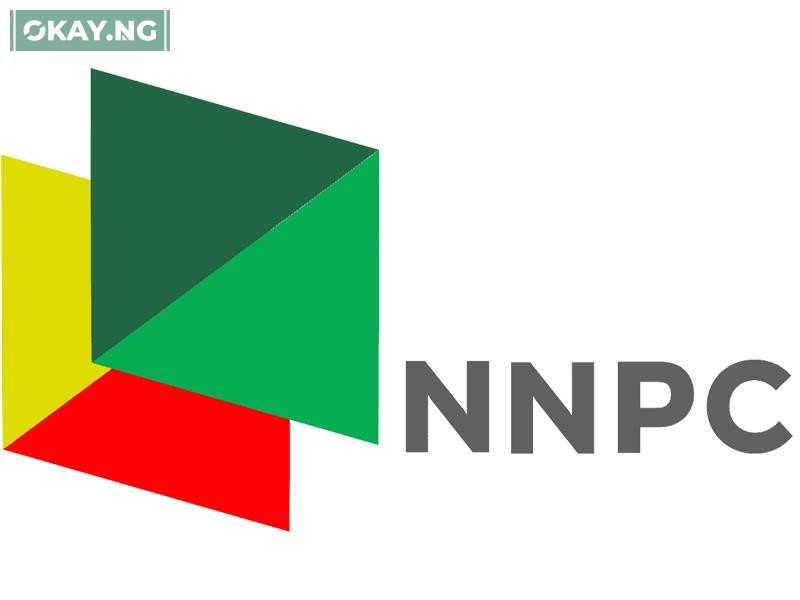The Nigerian National Petroleum Company Limited (NNPC) has marked a major milestone in its international trade ambitions, successfully shipping its first self-chartered crude oil cargo to Europe, a move that signals a strategic pivot from the traditional Free-On-Board (FOB) model long used in Nigeria’s oil exports, okay.ng reports.
According to industry sources cited by TradeWinds Media Group, the cargo chartered by NNPC’s trading arm, NNPC Shipping will be loaded between April 9 and 10 aboard the Meltemi I, a 164,000-deadweight-ton tanker owned by Greece’s Delta Tankers.
“This is a milestone for NNPC and Nigeria,” said Panos Gliatis, Managing Director of NNPC Shipping. “Until now, the market has largely operated under FOB terms. This ex-ship delivery changes the game.”
The new structure means NNPC assumes responsibility for shipping and insurance, unlike the FOB model, where buyers handle logistics after the crude leaves Nigerian shores. The vessel is expected to discharge at one of several designated European ports, though specifics remain undisclosed.
The crude oil shipment comes on the heels of NNPC’s first LNG cargoes delivered on similar terms last year to Japan and China. That effort involved partnerships with NNPC LNG and Norwegian firm Knutsen OAS Shipping, using the modern LNG carrier Grazyna Gesicka for its first ex-ship delivery to Futtsu, Japan.
In a bid to expand its shipping footprint, NNPC is forming a joint venture with Sweden’s Stena Bulk and Nigeria’s Caverton Marine. The partnership aims to build a modern tanker and gas carrier fleet to service West African markets and beyond, leveraging both newbuilds and existing tonnage.
The growing ambitions are also reflected in NNPC’s October 2025 crude supply deal with the Dangote refinery. Under that agreement, NNPC Shipping chartered two suezmax tankers to feed the massive facility, which has since begun exporting refined products to Asia.
Trade sources say Singapore is now expecting additional fuel oil shipments from the refinery, with a combination cargo of 85,000 metric tons of low-sulphur straight run fuel oil and 35,000 tons of slurry set to load between April 17 and 19. A previous cargo was loaded between April 10 and 12.
Asia, led by demand in Singapore and China, has emerged as a key destination for Dangote refinery exports, with over 300,000 tons of Nigerian fuel oil recorded in March alone, according to shipping analytics firm Kpler.
Oil Prices Slide on Trade Tensions
Meanwhile, global oil markets are reeling from renewed trade tensions between China and the United States. Brent crude plunged below $60 per barrel, its lowest level in over three years after China announced a 34% tariff on all U.S. goods starting April 10 in retaliation to new tariff hikes by Washington.
The price slump raises concerns about Nigeria’s ability to meet its 2025 budget projections, which are benchmarked at $75 per barrel. While consumers could benefit from lower pump prices, falling revenues may strain the country’s fiscal stability.
Goldman Sachs responded to the downturn by cutting its December 2025 oil price targets. Brent was revised down by $5 to $66 per barrel, and WTI to $62. The bank now expects global oil demand to grow by only 600,000 barrels per day (bpd) in 2025, down from 900,000 bpd. A further increase of 700,000 bpd is projected for 2026, though recession fears and OPEC+ supply risks continue to weigh on the outlook.
“The risks to our reduced oil price forecast are to the downside,” said Daan Struyven, Goldman’s head of oil research. “OPEC’s flexibility to ramp up production quickly makes price recovery less likely in the near term.”













